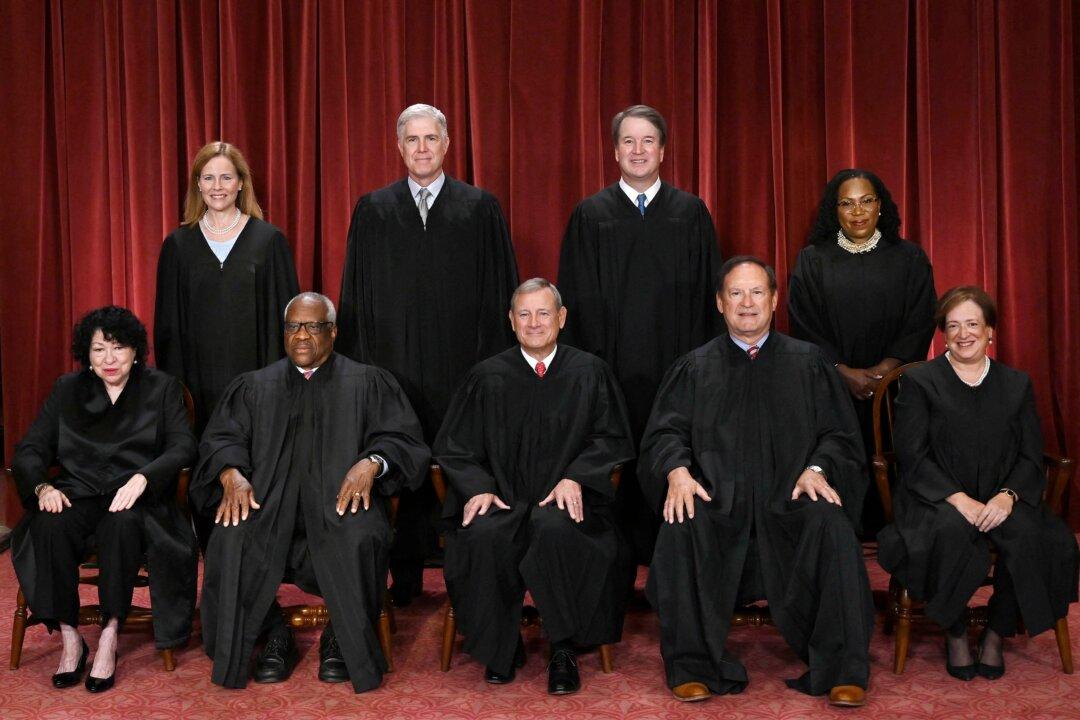The U.S. Supreme Court on Jan. 9 rejected a Texas-led challenge to reinstate a Trump-era policy that blocked certain immigrants from gaining permanent residency status if they’re deemed likely to qualify for government benefits.
The high court didn’t say why it rejected the challenge, listing the case under its list of “certiorari denied” cases (pdf).





